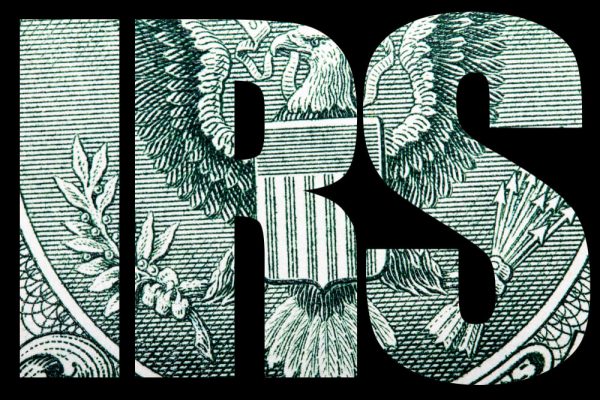In recent years, there has been some confusing activity around the rules governing campaign intervention for 501(c)(3)s. Nonprofits operating under I.R.C. 501(c)(3) are obligated to comply with several rules as a condition of tax exemption.
One such rule is a prohibition on intervening in political campaigns. Under what is colloquially known as the Johnson Amendment to section 501(c)(3), tax-exempt organizations must not participate in any activity on behalf of or in opposition to a candidate for public office.
Related post: Charitable Organizations and Campaign Finance Laws
The prohibition is absolute in that there is no allowance for even minimal intervention. Further, it applies to both public and internal communications, even for churches and other religious organizations typically afforded greater legal protections.
What is Campaign Intervention for 501(c)(3)s?
While public charities are permitted to engage in limited lobbying, campaign intervention means any activity in support of or in opposition to a candidate running for public office.
Common activities which constitute campaign intervention include:
- Endorsing any candidate for public office
- Publishing or distributing statements on behalf of or in opposition to any candidate for public office
- Allowing any candidate for public office to speak on behalf of the organization
- Providing a venue for political speech to any candidate for public office
- Donating to political campaigns
Does the Johnson Amendment Apply to Your Nonprofit?
Yes, if you are a 501(c)(3) organization. Any organization that is tax-exempt under 501(c)(3) is legally prohibited from campaign intervention of any kind.
What Happens if a Nonprofit Does Intervene in a Political Campaign?
Consequences vary depending on the severity of the intervention and the public office being sought. The IRS is empowered to tax political contributions and even revoke the tax-exempt status of a nonprofit that violates the Johnson Amendment.
Recent Developments: Donald Trump’s Executive Order
In 2017, then-President Donald Trump issued an executive order instructing government agencies to overlook Johnson Amendment violations. The executive order, which was created with churches and other religious institutions in mind, directs the Department of Treasury not to take any action against an organization on the basis that such organization speaks or has spoken about moral or political issues from a religious perspective.
This executive order, however, is best viewed as political smoke and mirrors. It neither changes nor repeals the prohibition on campaign intervention. Instead, its language was carefully crafted to appear to nullify the Johnson Amendment without actually doing so.
What Does This Mean for Your Nonprofit?
It is important to note that former President Trump’s directive is largely symbolic and does not practically affect nonprofits. It does not change your obligations as a nonprofit.
The absolute prohibition on campaign intervention by 501(c)(3) organizations is still in effect. This means that any 501(c)(3) organization must remain diligent in refraining from any activity on behalf of or in opposition to any candidate for public office.
Kyler Mejia is a law student and Arizona State University and a law clerk with Caritas Law Group, P.C. Caritas Law Group advises nonprofit and socially responsible businesses on corporate, tax, and fundraising regulations. The firm’s lawyers are licensed to practice in Washington and Arizona and advise nonprofits on federal tax and fundraising regulations nationwide. Caritas also advises donors with regard to major gifts and philanthropic corporations with their cause marketing campaigns. To schedule a consultation with Ellis, call 602-456-0071 or email us through our contact form.

